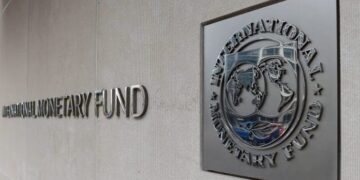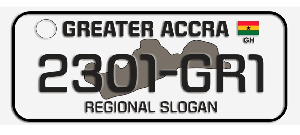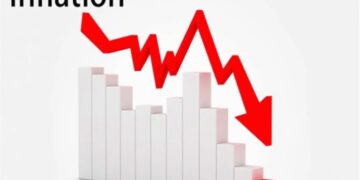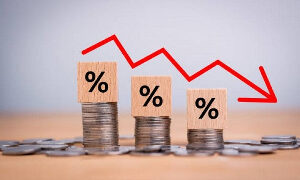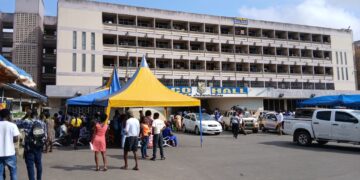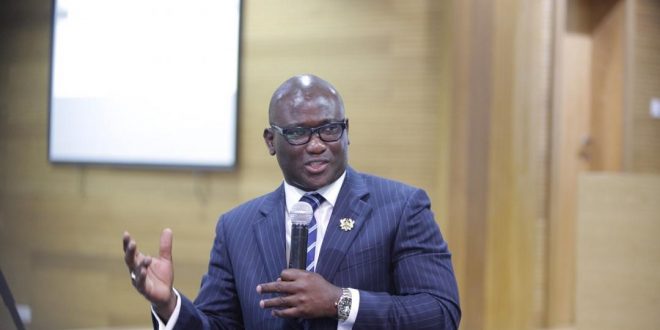The government has encouraged commercial airlines operating in the country’s airspace to lower their rates in order to reflect positive trends in the aviation industry, particularly when domestic air travel reaches new highs.
The announcement follows a robust rebound in air travel following the lifting of COVID-19 limitations, as well as a relative improvement in certain important operational indicators throughout the years.
Domestic passenger flows (throughput) increased from 423,718 in 2020 to 852,101 in 2022, the highest in the sector, according to Ghana Airport Company Limited (GACL).
Hassan Tampuli, the Deputy Minister of Transport in charge of Aviation, made the call yesterday at the fourth Aviation Ghana Stakeholders Meeting in Accra. He said the industry benefited from the removal of the 17.5% VAT on domestic airline tickets in 2017, the reduction in jet fuel prices in the past, and the recent appreciation of the cedi against the dollar.
Affordability
Mr Tampuli remarked that it was unexpected that recent improvements in operational indicators had not resulted in a fall in domestic airfares.
“I am aware that in the past, VAT was removed and then restored, but in between the period airfares for domestic travel remained the same. Very recently, the exchange rate went up and then dropped again, yet the fares remained unchanged,” he said.
According to the deputy minister, even if jet fuel costs fell on the international market last year, the fuel surcharge component of the air ticket remained at GH¢70.
That, he added, was unjust and needed to be rectified in order to make air travel more affordable for citizens and provide employment possibilities in the country’s aviation industry.
Response
Gloria Wilkinson-Mensah, the immediate past Chairperson of the Board of Airline Representatives — Ghana, told the media after the meeting began that the international fuel market was very volatile and did not allow fluctuations to last long enough for price reductions to be reflected in ticket prices.
As a result, she continued, airlines were unable to properly modify pricing in response to a decline in jet fuel prices.
Ms Wilkinson-Mensah explained that because to the volatility, airlines normally operated within a certain time frame before adjusting tickets to reflect a drop or increase in fuel price.
Read Also: Ghana bans importation of some substandard, used appliances (LIST)
She pointed out that rates were denominated in US dollars, but passengers had to pay in Ghana cedis, therefore the exchange rate on the day of purchase had an influence on the pricing.
“So the dollar equivalent of the fare does not change; rather, the exchange influences the increase in the ticket,” she added.
SOURCE: GRAPHICONLINE


